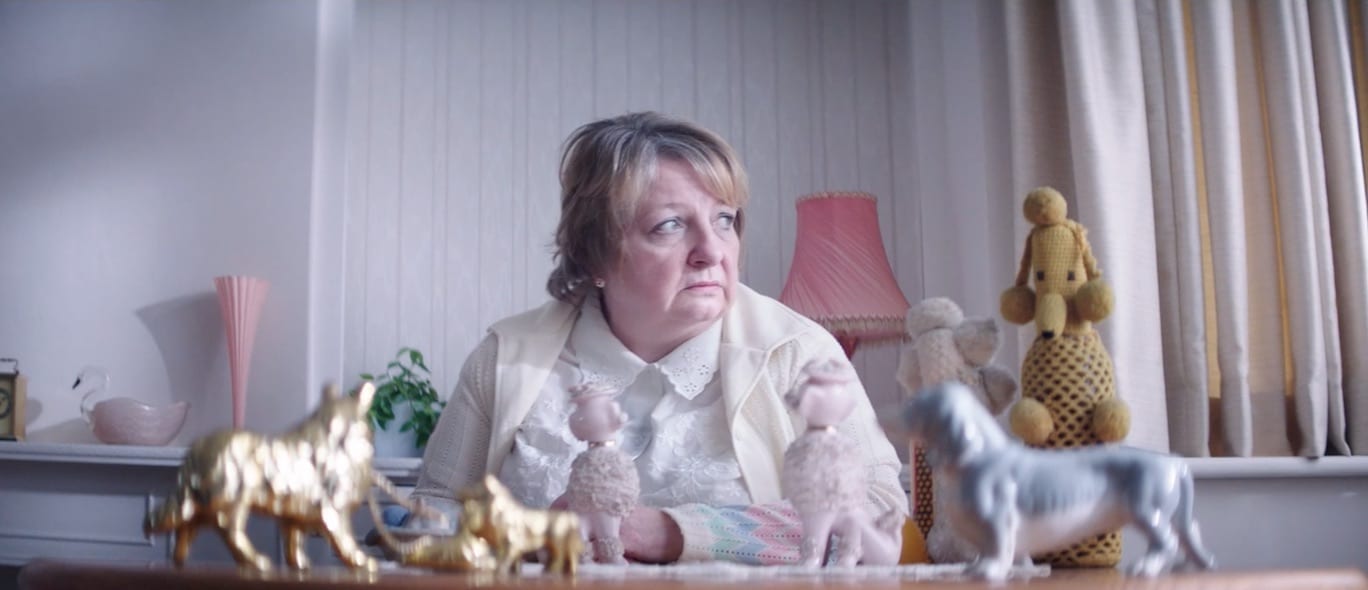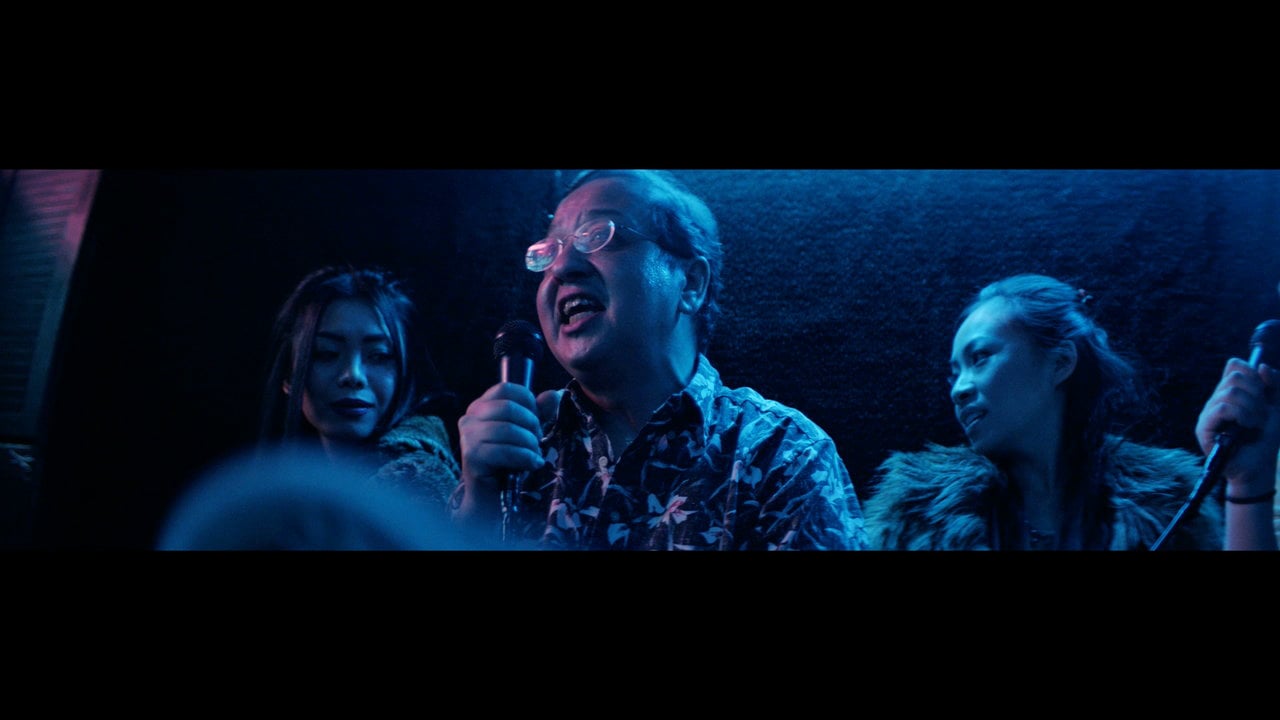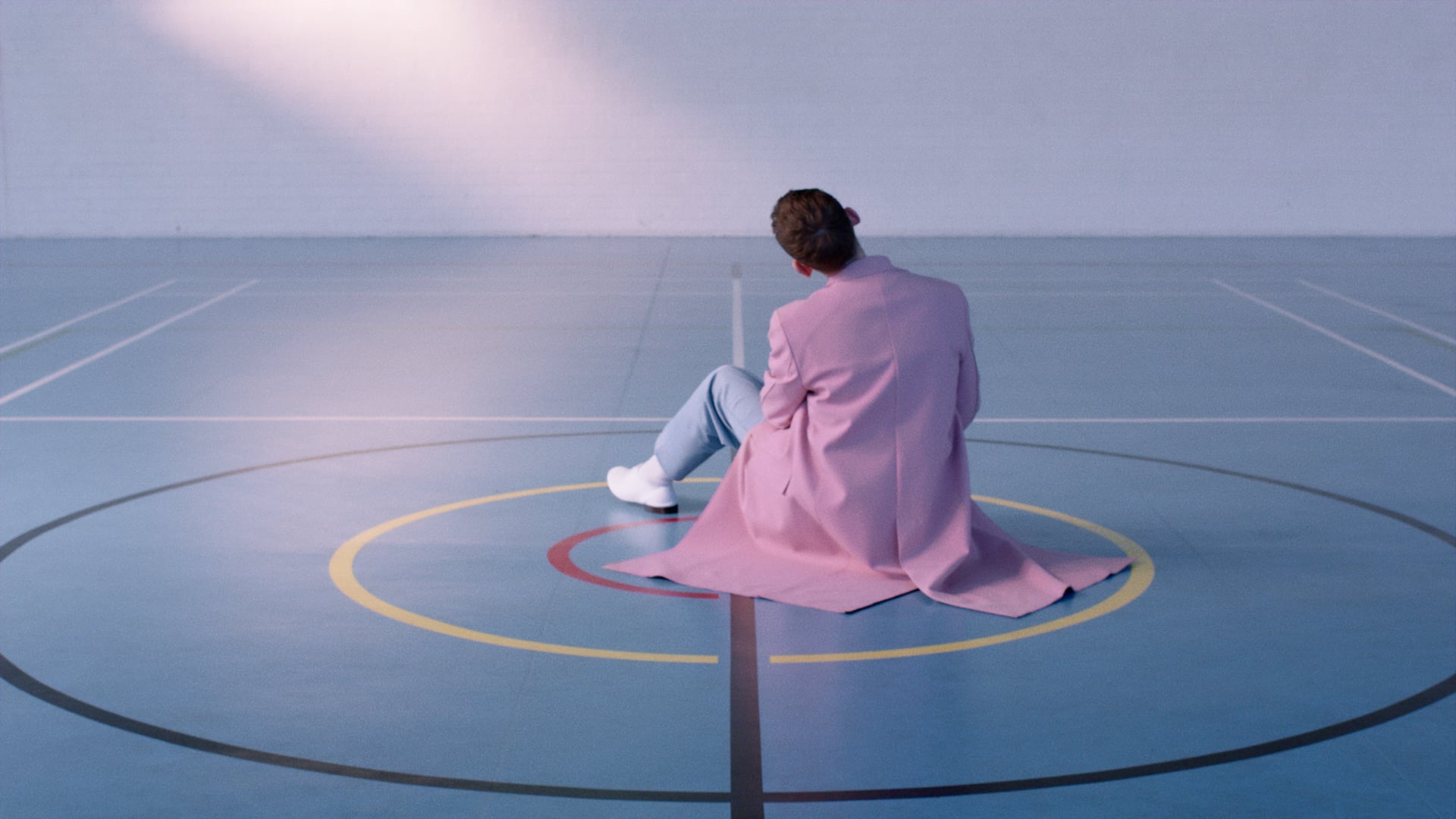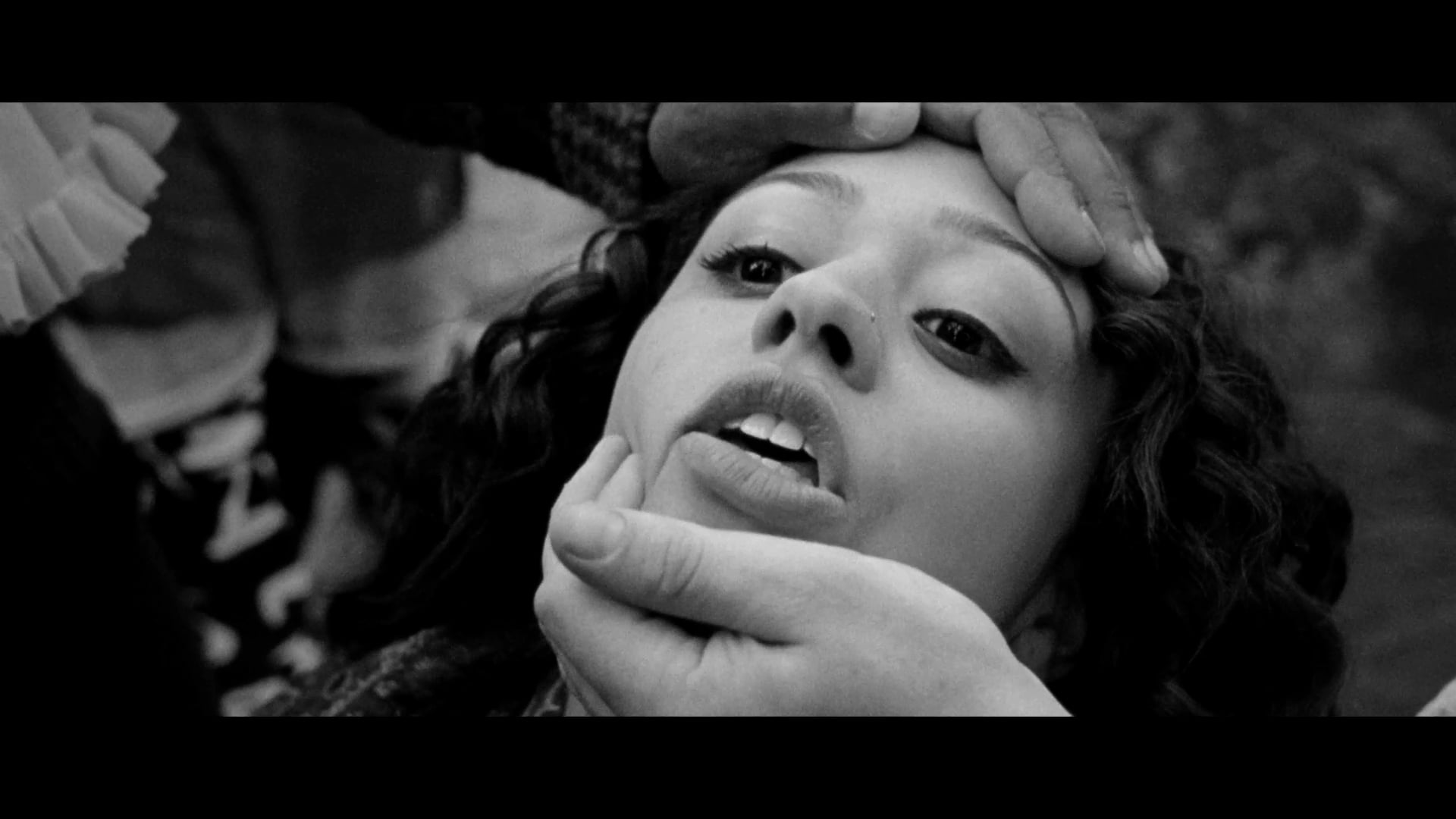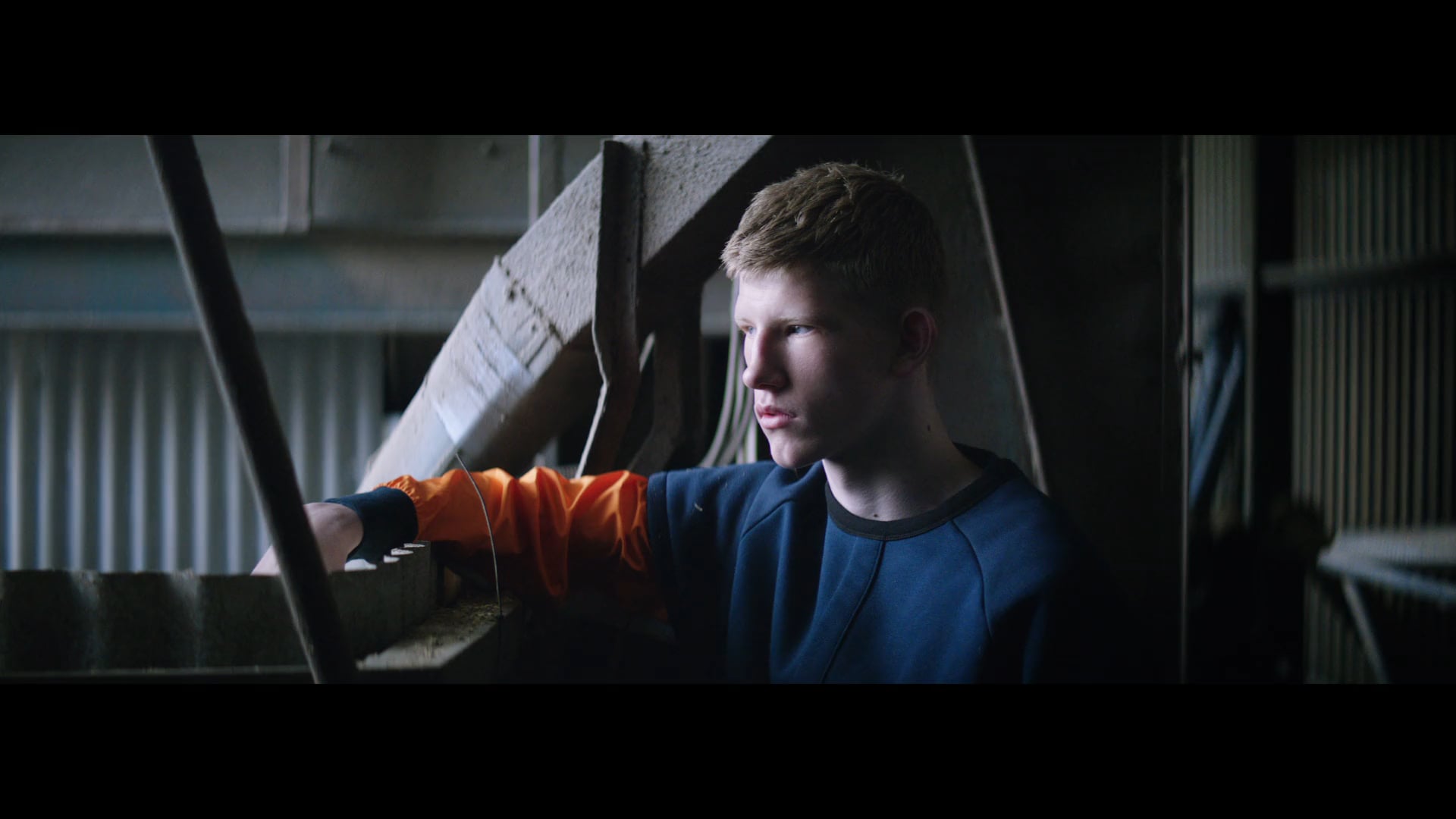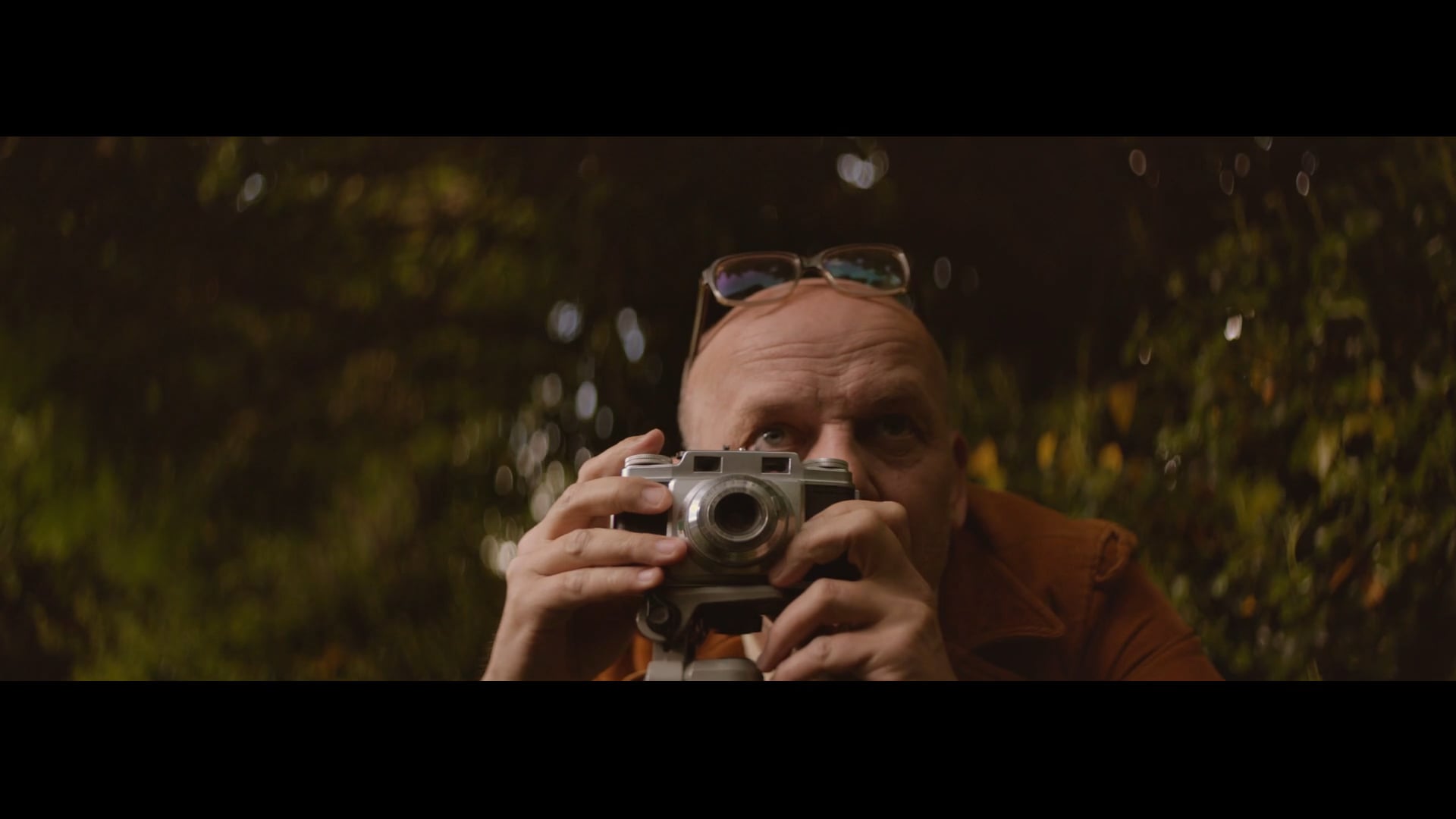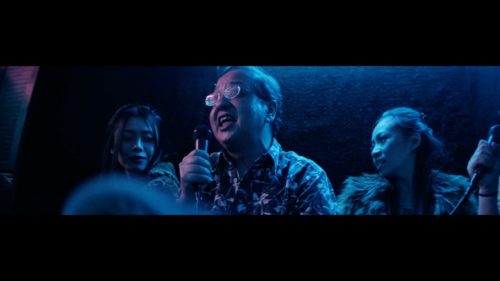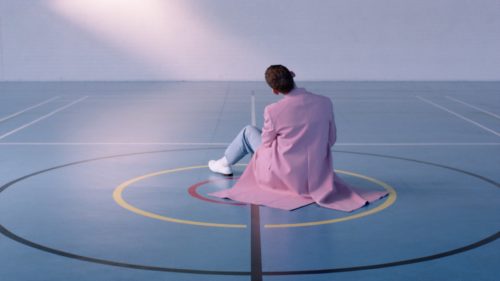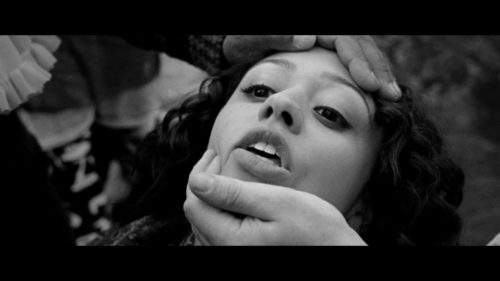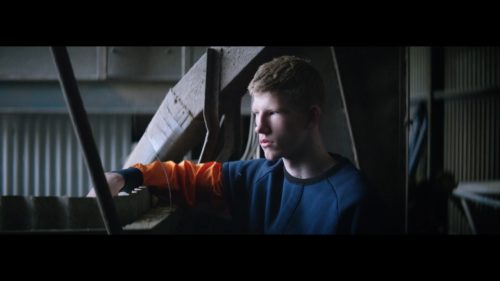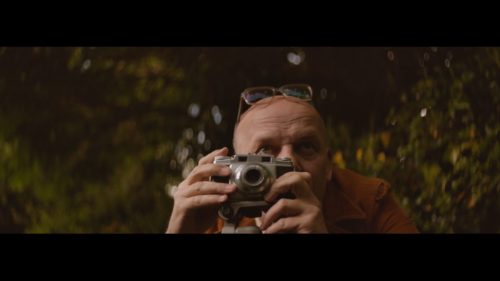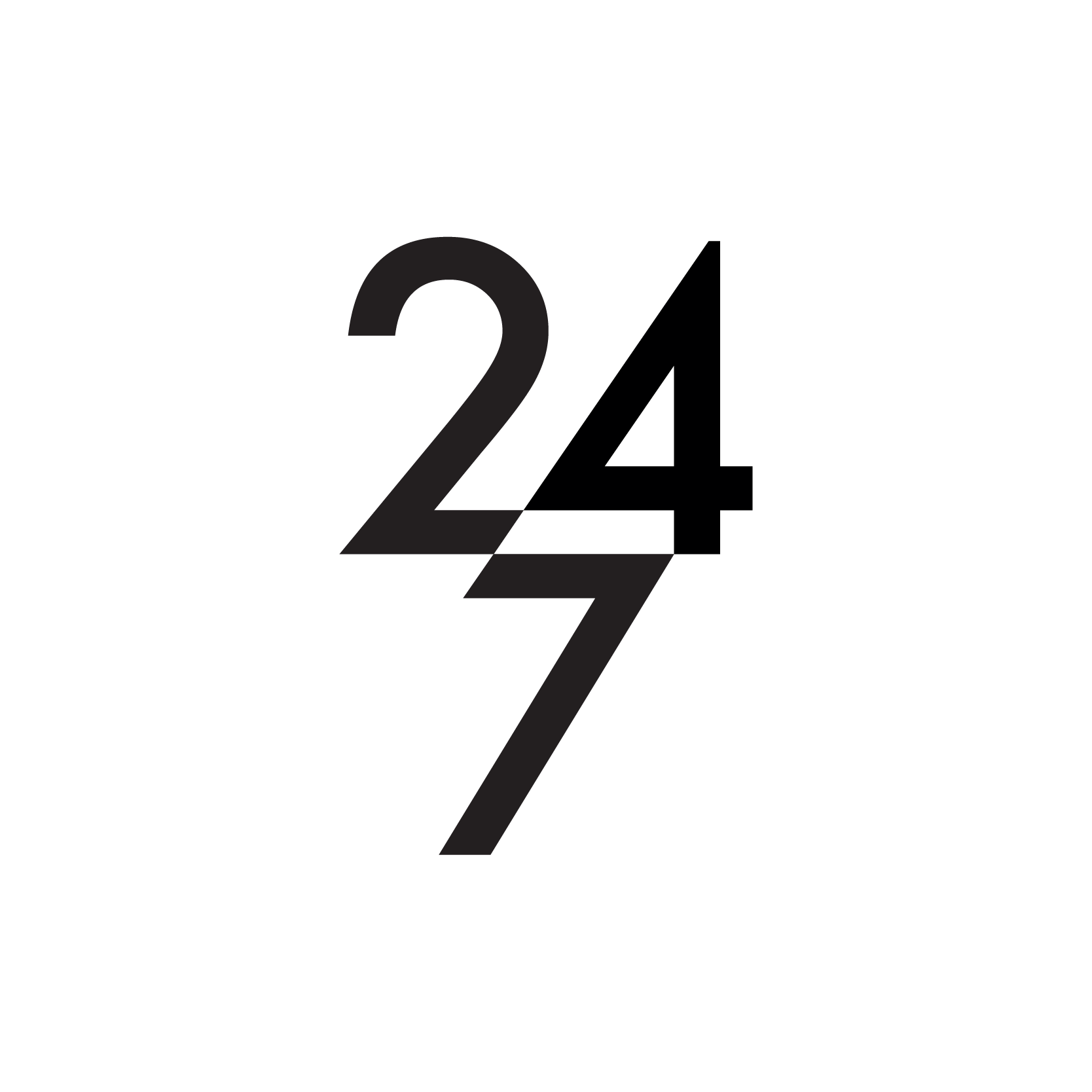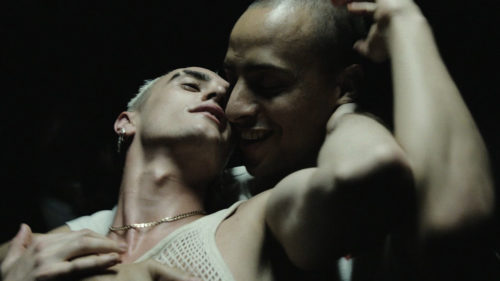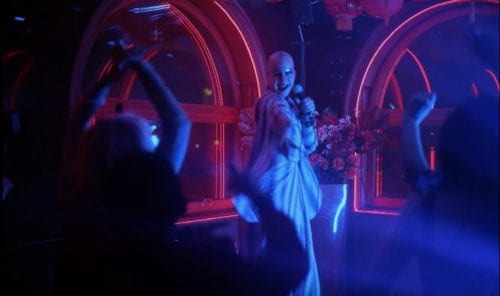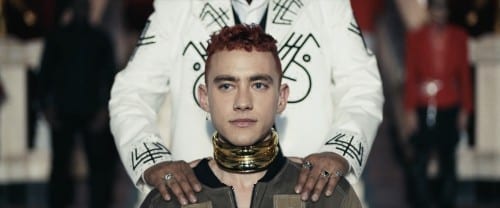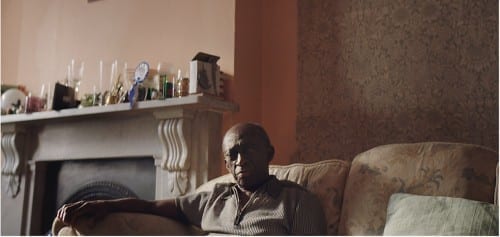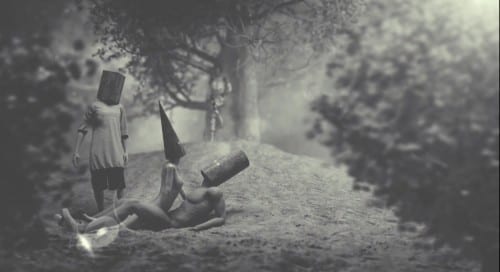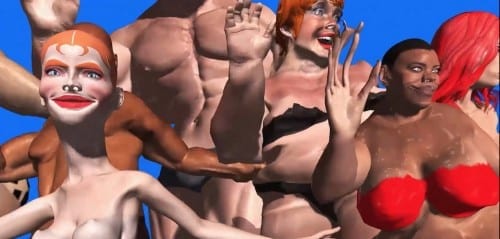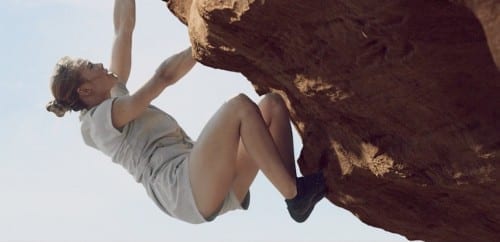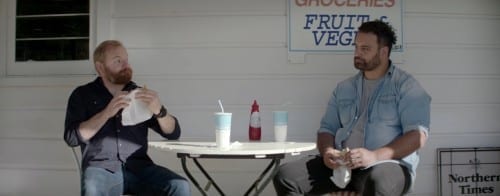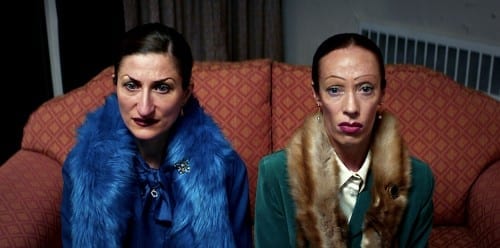You wrote as well as directed the narrative for Pauline – what was the initial trigger for the story?
The attraction for me was imagining a character who was so blunt and impatient with people – kind of a loner, really – that when she is faced with this bizarre, almost horrific experience she treats it with the same kind of matter-of-fact attitude as she does the weather. I thought that could be really funny and sad.
What made you decide on this particular location to set the film?
Pauline needed to be a product of these identical grey streets that you find all around London. There’s something particularly ambiguous about these neighbourhoods; they’ve got neither the drama of the inner city, nor the kind of Lynch-y weirdness of the suburbs. Places like this breed people like Pauline.
Did the script go through many changes before you settled on the final piece?
Not many, no. The real work went into nailing down Pauline’s character – watching interviews with people, searching out clips from That’s Life, getting her world fixed into my head. The script really came out of all that work.
We love Pauline’s deadpan attitude to events – to what extent did you develop the character on set?
Pauline is very much interlinked with Joanna Brookes, the actress who plays her. In the audition and before the shoot we did a lot of work on the character, perfecting her attitude and her mannerisms. This meant that Joanna could arrive on set fully inhabiting the character, which allowed for us to play around with details as we went. We did a lot of work on some of the dialogue as we shot, adding in pauses and figuring out exactly where Pauline needed to look into the camera to make a killer moment – that’s the kind of stuff that you can play with in pre-production but which you can only really test out on camera.
There’s an intriguing ambiguity about the character – do we believe she’s really telling the truth or is she simply quite potty and a fantasist? For us the final scene makes it credible. What’s your belief?
I know what’s actually happening in that house. But I couldn’t possibly tell you what the truth of it is.
You’ve used clever editing and sound design to tell the story – did you storyboard in detail before the shoot or did a lot of the pacing and cuts come together in the edit?
All of Pauline was storyboarded ahead of time. Whereas the script didn’t go through many drafts, I drew and re-drew the storyboards dozens of times, because I wanted to be sure about how everything was going to cut together, especially during the diary sequence, which was influenced by films like Zodiac – my editor, Ryan Beck, and I pretty much decided on how all of that was going to cut before we shot the film.
How did your experience as a music video and commercials director influence your short film making?
Music videos especially gave me a sense of rhythm to bring to my short film work. Pauline and Woodhouse are, for me, very musical. When I shoot promos and commercials I always think about pace, and I’m quite cynical about assuming that people will get bored and switch off if they’re not being entertained. So I bought that attitude to Pauline – I knew that she needed to be engaging from the first frame.
What are you currently working on?
Right now I’m writing: a sequel to Pauline (with a new character) and my first feature, which is very exciting. I’m waiting to hear on a couple of music videos and a commercial, so it’s good to have something to keep me occupied in the down time…
Does writing come naturally to you – or do you have to discipline yourself into a set routine to write?
I write every day. Even when I’m on other projects. I discipline myself to the extent that I always make sure to find time to write, but if I have to fit it around other things then I will. But it’s a compulsion. I get grumpy if I don’t.
On projects other than your own short films do you write your own treatments?
Yes! I write everything that I shoot.
When did you first realise you wanted to be a film maker and what was the route you took to being signed to Colonel Blimp?
The first time I realised that I wanted to be a filmmaker, was when I decided that owning a Zoo was not a realistic prospect for me. So my first films were made when I was 16, on a mini-DV camera, and they were about loners and strange suburban occurrences. Missing diaries and bigfoot and that sort of thing. So, in a sense, I just kept making those same kinds of films and the cameras got better and the crews got bigger.
Apart from Pauline, which is the video you’re most proud of and why?
My video for Rosie Lowe’s song Games. I think it’s probably the closest I’ve come in my music video work to the kind of strangeness and sadness and ambiguity that I try to get across in my short films. It’s not as funny, maybe, as Pauline, but I loved imagining those two girls and what they might be going on between them.
What’s the best film making lesson you’ve learnt?
To remember that, as a director, you are asking people in front of the camera to open themselves up for you. And that if you don’t create the right mood and the right atmosphere for them to do that then you’re wasting their time.
Your worst nightmare production story was when….
Well, on one occasion – and I’ve said this before – I had an artist disappear the day before a music video shoot. That was pretty disappointing at the time. But I look back and laugh.
What would be your dream directing job?
Right now I want to shoot more commercials. I’ve already made a few this year and I’m really enjoying the discipline.
List five inspirations that have connected with you recently:
Donna Tartt, the New Yorker, Mustang, the photography book Wisconsin Death Trip, and Annie Baker.
LINKS:
